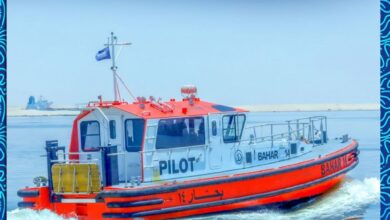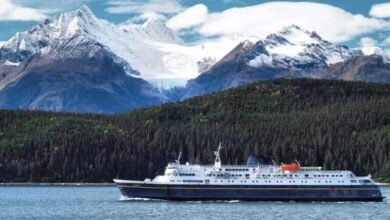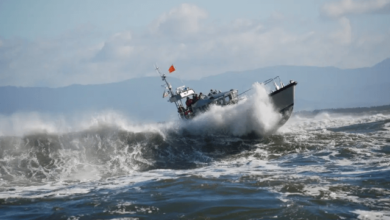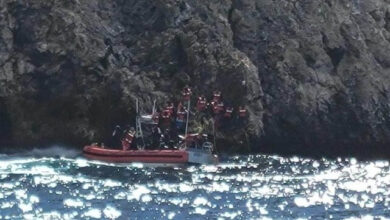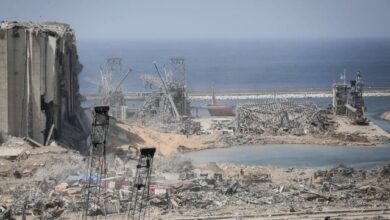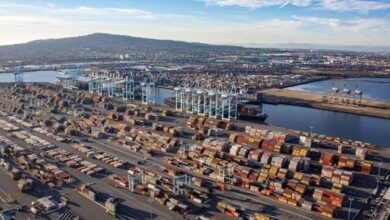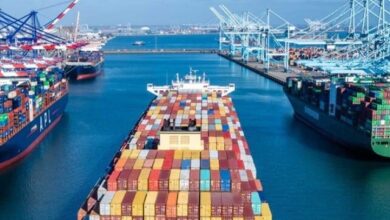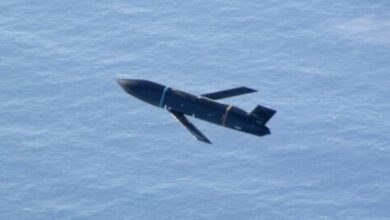IPCSA : Driving digital solutions: Black Sea port of Constanta joins International Port Community Systems Association
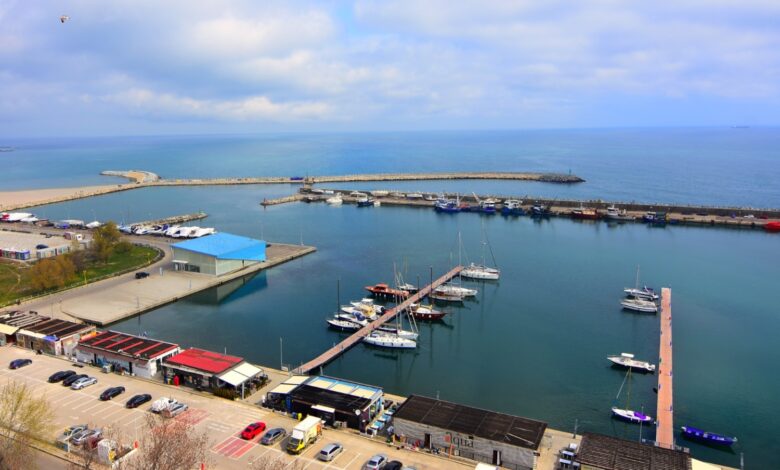
The rapidly expanding International Port Community Systems Association (IPCSA) has added to its membership once again, welcoming the Port of Constanta Administration, in Romania, as its newest member.
Located at the crossroads of Central and Eastern European markets with the Caspian region, Central Asia and beyond, the Port of Constanta is an important hub for containers, cereal exports and other cargoes.
The largest port in the Black Sea and also the deepest, providing depth alongside of up to 18.5 metres, the Port of Constanta’s hinterland includes Austria, Bulgaria, Hungary, Moldova, Serbia, Slovakia and Ukraine.
The Constanta Port Administration’s jurisdiction covers river port facilities, being connected to the Danube via the Danube-Black Sea Canal, and maritime port facilities on the Black Sea, and the port also has excellent road and rail links. In 2019, Constanta handled a record 66.6 million tonnes, including 666,036 TEU and 21.3 million tonnes of cereals grown in Eastern Europe.
As a landlord port, Constanta provides facilities for about 40 different private operators and its new Port Community System is being designed to connect as many as possible of these.
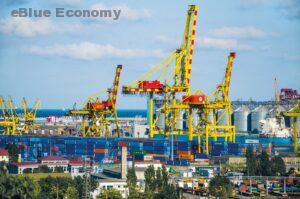
“We took the decision to move ahead with a PCS two years ago and have completed our pre-feasibility study,” said Costel Stanca, General Manager of the Port of Constanta Administration. “In the context of the Covid-19 pandemic, it was decided that we would speed up the implementation of this project, with the support of the Ministry of Transport, Infrastructure and Communications.
“We are in discussions with ICT service suppliers to consider which modules should be developed first and which authorities should be connected. While we want to implement our PCS as soon as possible, we are also determined to do this in the best way and not to make mistakes. We plan to have the first modules in place this year.”
During the Covid-19 crisis, the priority has been keeping the port operational – in fact, agribulk volumes increased by 50% year-on-year in the first quarter, said Mr Stanca. The port administration expects the major international grain operators located at the port to be among those joining the PCS in the earliest stages.
“The PCS will transform the port, making our operations and procedures more efficient and enabling us to provide information on the status and position of cargo,” he explained.
“In addition, it will give the port administration a clearer picture on river, rail and maritime port transport flows, allowing us to analyse activity. In short, it is an important step towards implementation of European Union Directives relating to digital information flow, while allowing better planning and improved business dynamism, reliability and transparency.”
The new PCS will be directly connected to Romania’s national Maritime Single Window.
As a partner in the EU Interreg ‘DAPhNE’ project (Danube Ports Network), the Port of Constanta Administration has attended seminars and discussions focusing on Port Community Systems and the digitalisation of ports.
“As a member of IPCSA, we will be able to exchange opinions and knowledge with other PCS organisations and have access to regional and international players in this sector,” said Mr Stanca.
“One of the reasons for joining IPCSA is that we want to follow best practice, take the right steps and also participate as actively as possible. We are eager to get involved and look forward to learning from case studies, good practices and recommendations from our fellow members.”
Richard Morton, secretary general of IPCSA, said: “We are delighted to welcome the Port of Constanta Administration as our newest member and we look forward to sharing our experience and expertise with the port administration as it moves forward with its exciting plans for a new PCS.”
He added: “IPCSA was one of the signatories of the recent ‘Call for Action’ communiqué entitled Accelerating Digitalisation of Maritime Trade and Logistics, which recognises the heightened urgency of this acceleration as we plan for our post Covid-19 future.
The members of IPCSA provide the digital solutions which play a critical role in enabling the smooth, swift flow of cargo and associated information, helping to remove bottlenecks, delays and cost from supply chains. Within IPCSA, we take pride in sharing our experience and expertise for the benefit of the whole supply chain.”
About IPCSA
IPCSA is an international association of sea and air port community operators, sea and air port authorities and single window operators that is recognised across the globe for providing advice and guidance on the electronic exchange of information across borders and throughout the whole supply chain.
The association currently has members from across the globe who handle the exchange of information for Business to Business, Government to Business and Government to Government processes and facilitate the smooth cross-border movement of goods.
This equates to the electronic exchange of information relating to more than 500 million TEU movements and 10 billion tonnes of cargo for air, sea and land transport – estimated to be in excess of 50 billion million exchanges every year.
IPCSA focuses on supporting and facilitating systems and innovations for Port Community System members and users, and promoting the use of international data standards in sea and air ports, at border crossings and via Single Window systems around the world. IPCSA is a recognised NGO with consultative status at UNECOSOC and IMO.
The PROTECT Group, develops and supports the electronic reporting required by authorities for vessels entering or leaving a port or port area. It maintains and develops EDI through the PROTECT Guide. In January 2020 PROTECT integrated into IPCSA www.protect-group.org
About Port of Constanta
The Port of Constanta is the largest port in the Black Sea and also the deepest, providing up to 18.5 metres of operational depth for vessels. A record 66.6 million tonnes of cargo passed through the port in 2019, including
press release


